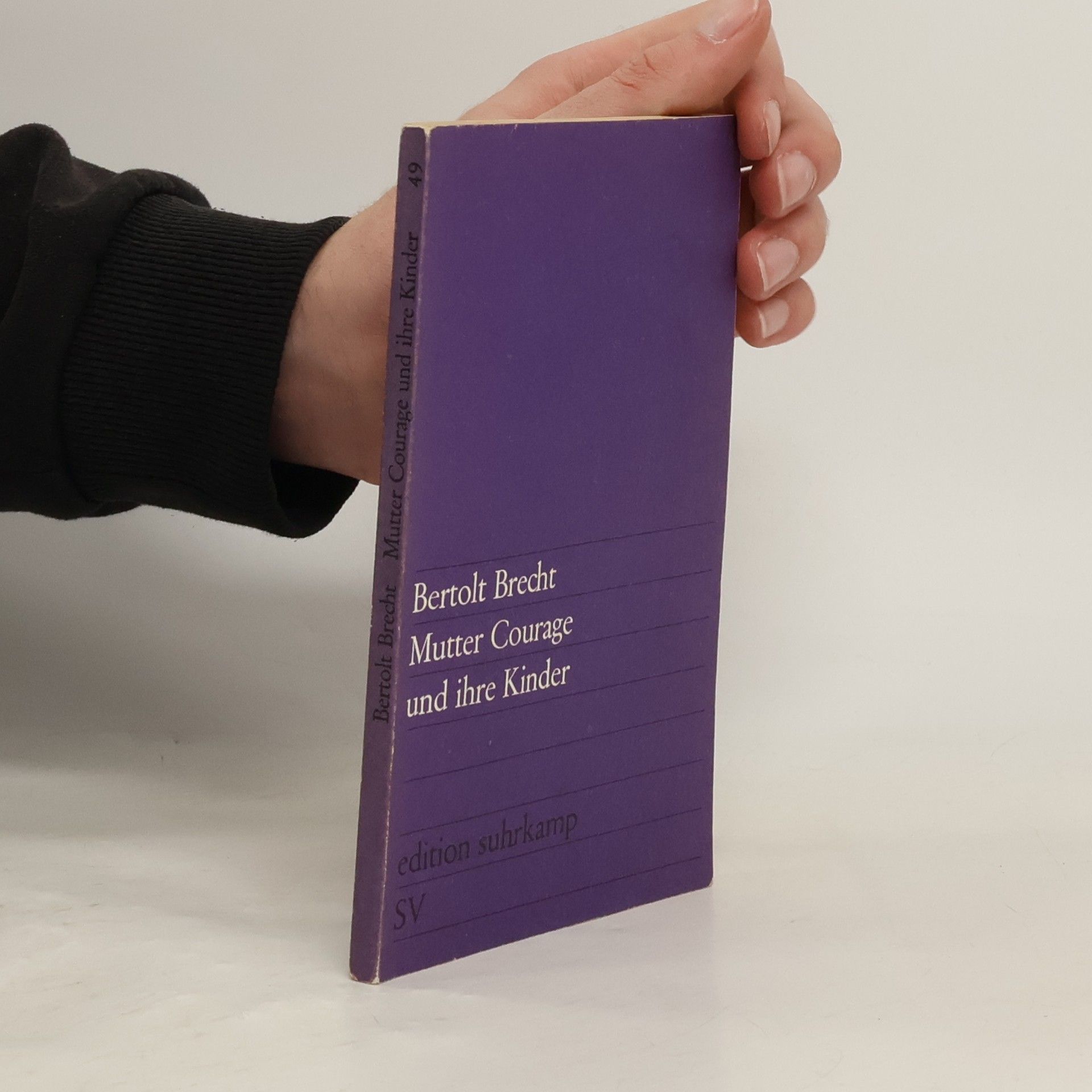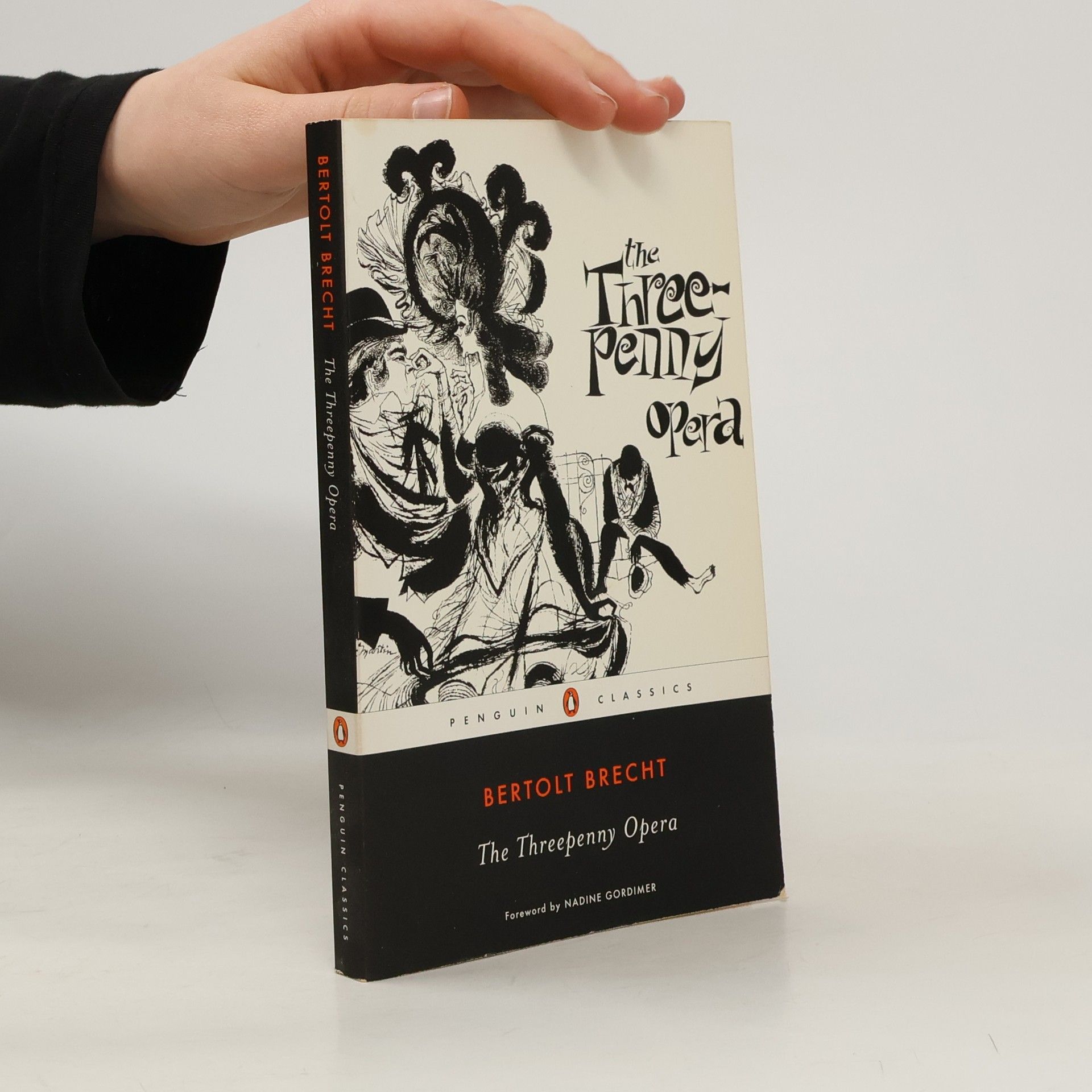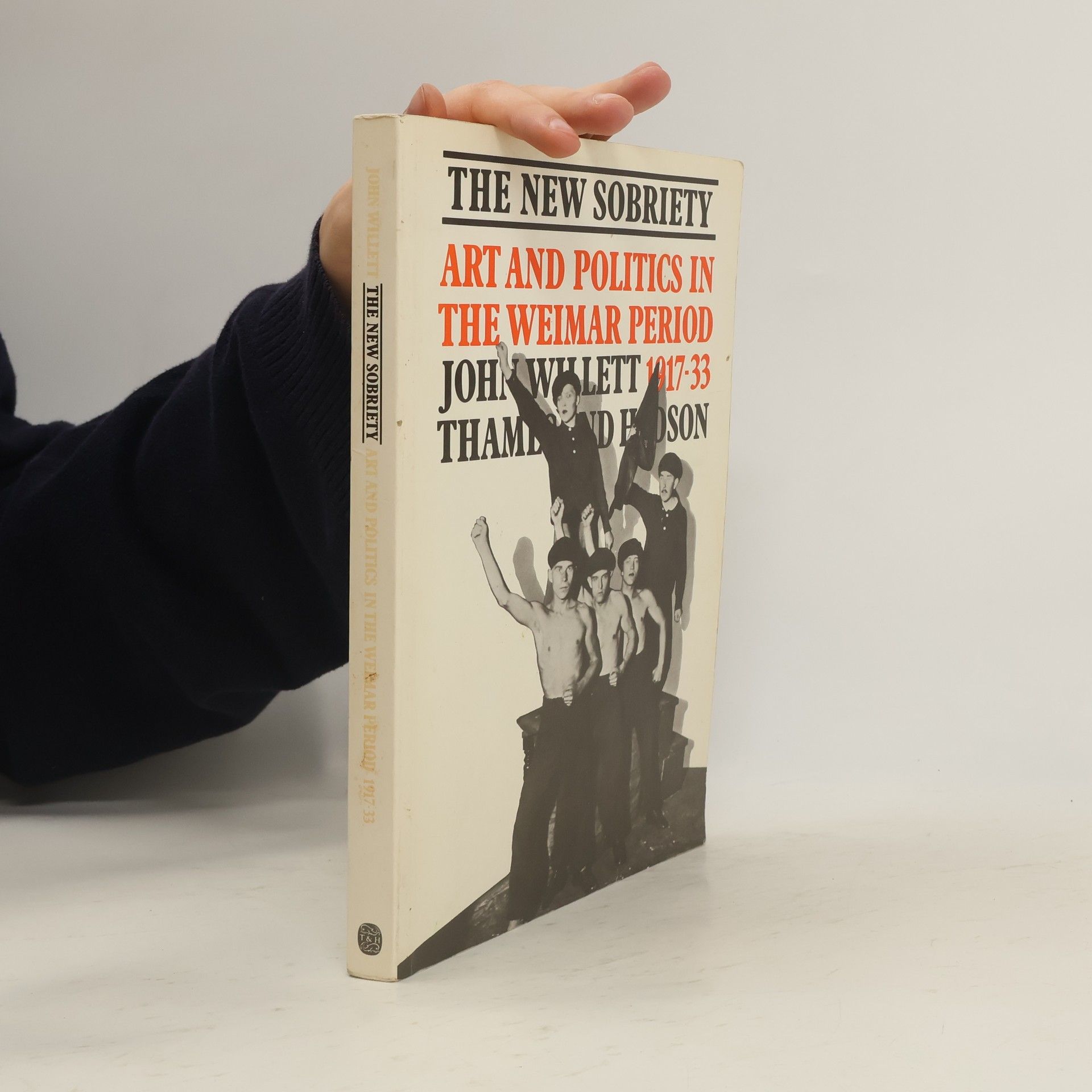John Willett Bücher
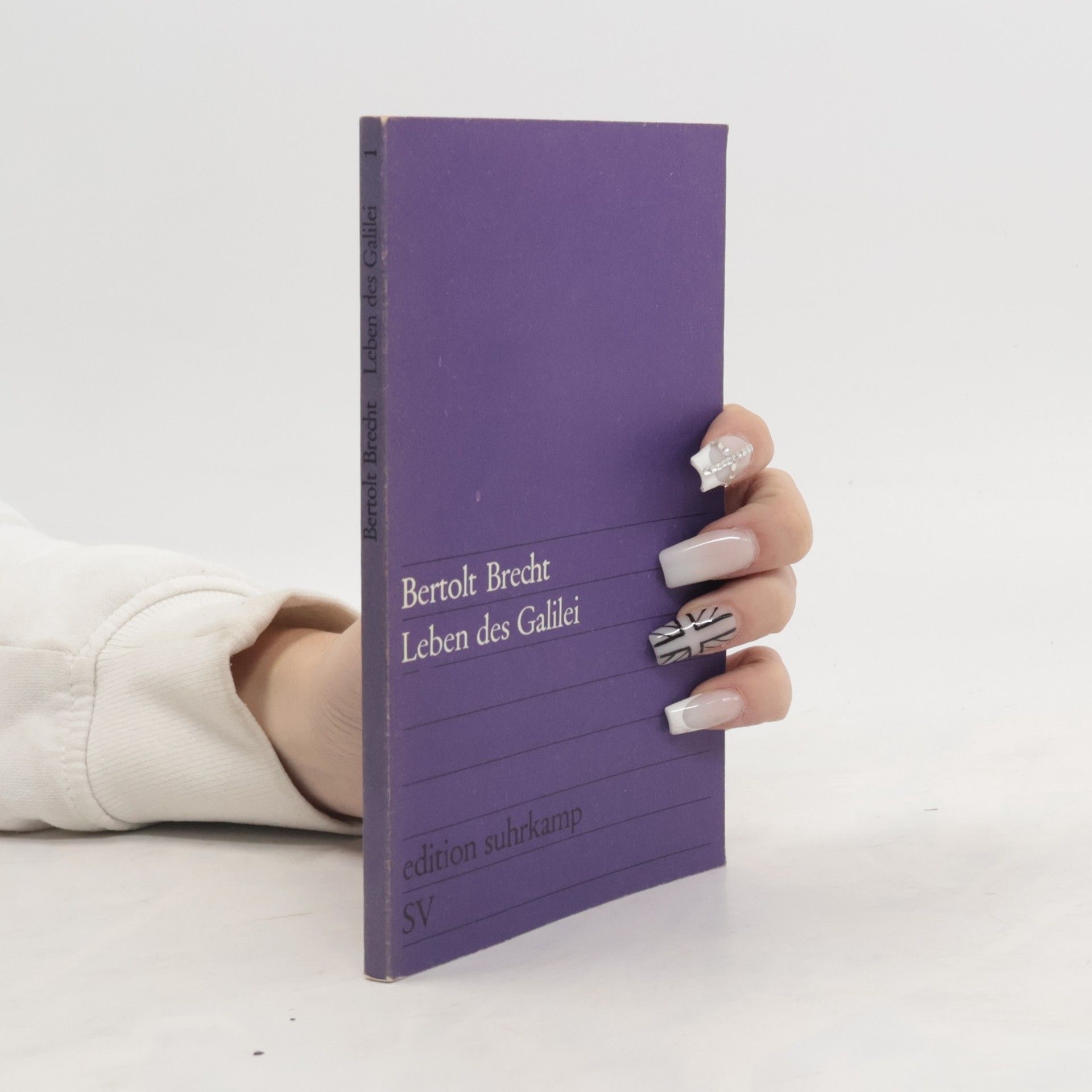

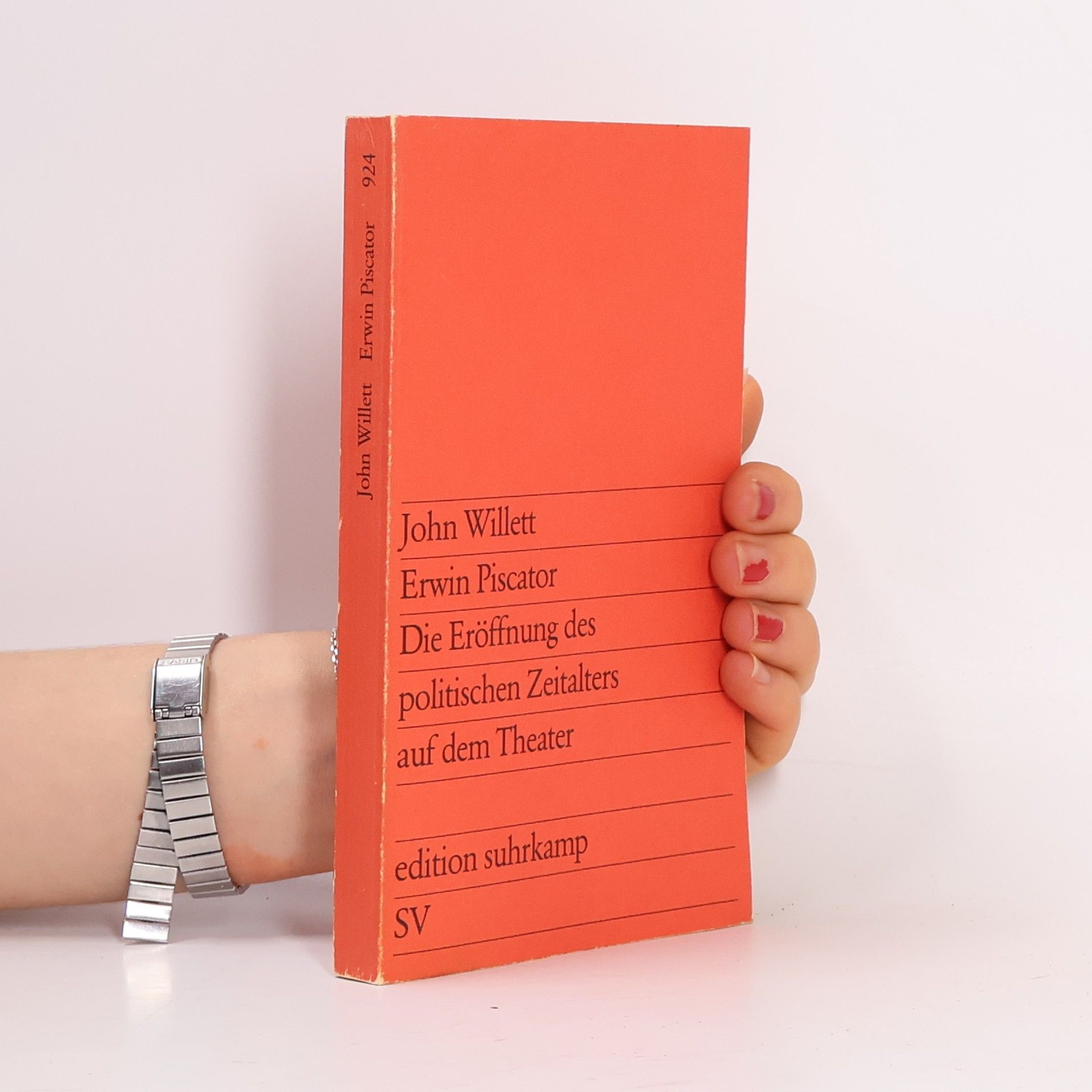
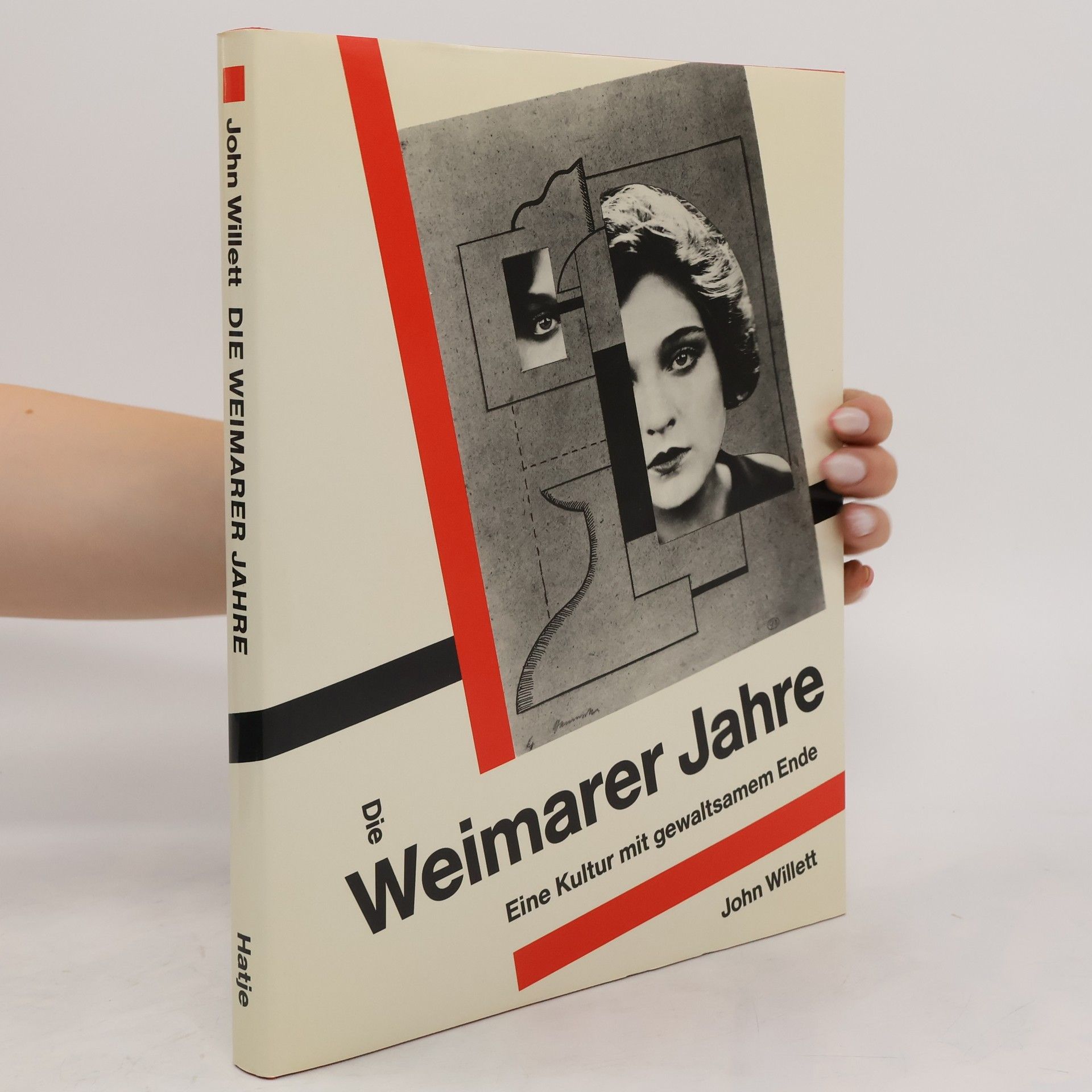
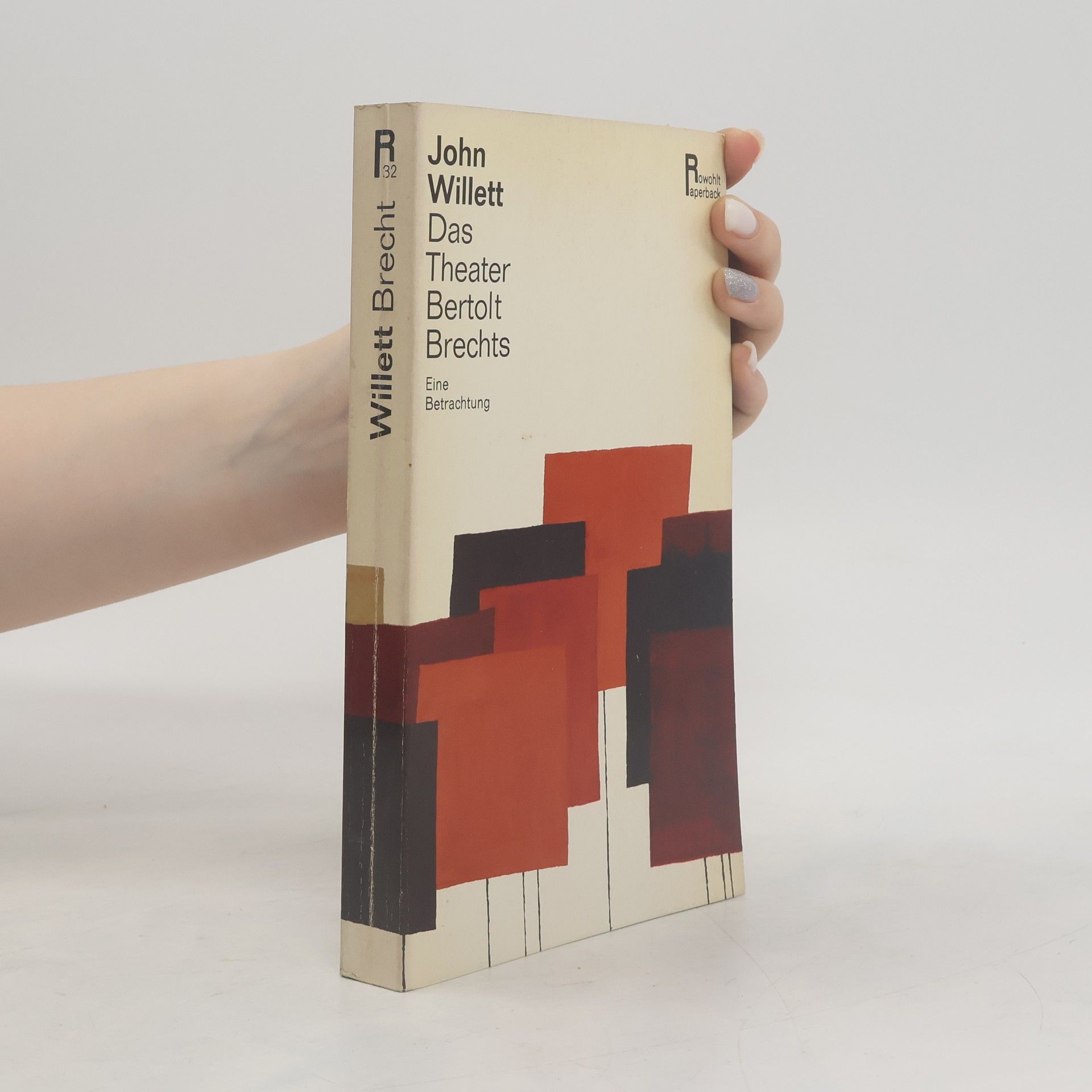
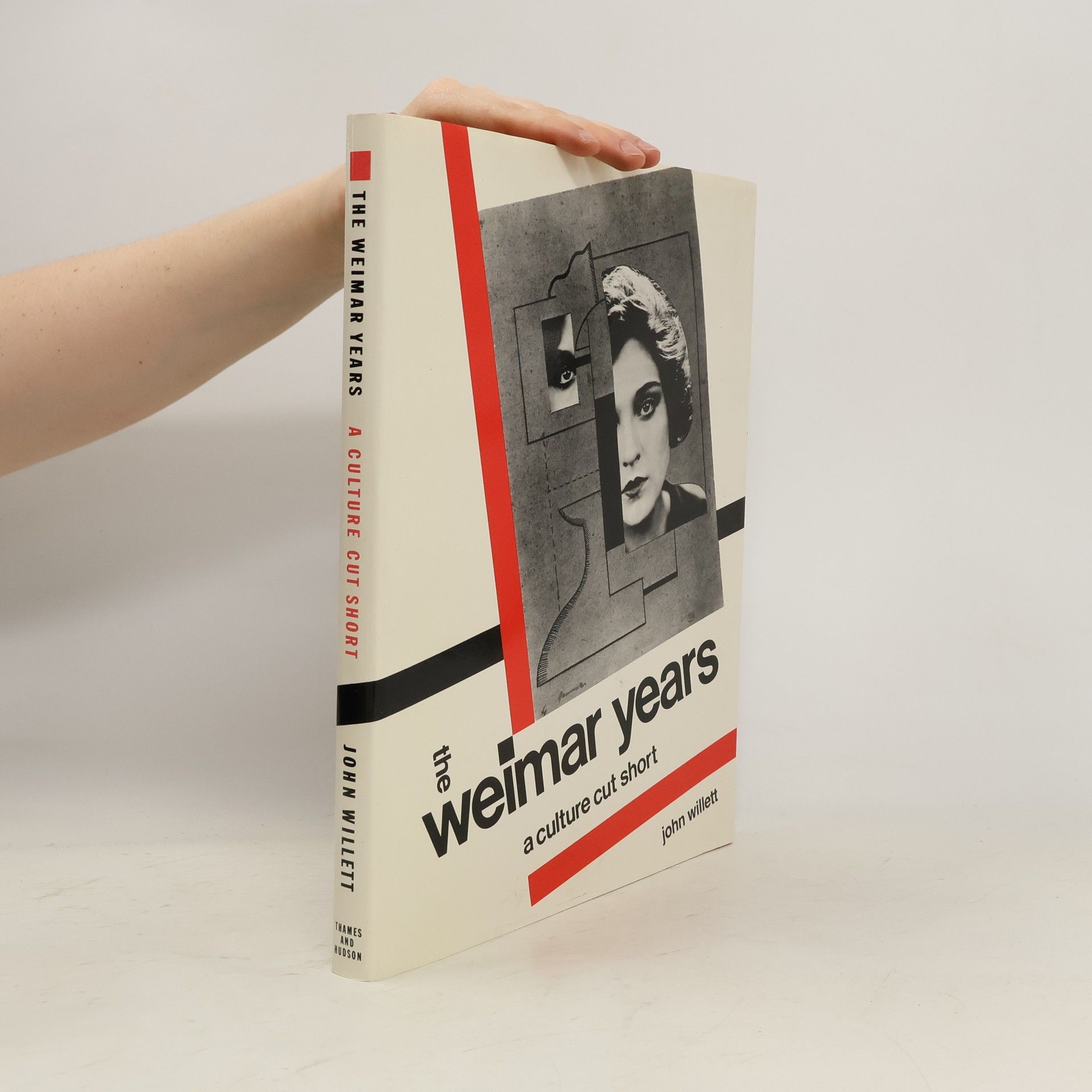
Die Weimarer Jahre
- 160 Seiten
- 6 Lesestunden
Das Schauspiel Leben des Galilei wurde 1938/39 im Exil in Dänemark geschrieben. Die Zeitungen hatten die Nachricht von der Spaltung des Uran-Atoms durch den Physiker Otto Hahn und seine Mitarbeiter gebracht. Die Uraufführung der ersten Fassung des Stückes erfolgte 1943 am Schauspielhaus Zürich, die der zweiten Fassung 1947 in Beverly Hills (Coronet Theatre). »Das Leben des Galilei wird vermutlich neben der Heiligen Johanna der Schlachthöfe und dem Kaukasischen Kreidekreis und einigen Stücken Lyrik Brechts größten Anspruch auf Unsterblichkeit begründen.« W. E. Süskind
Mutter Courage und ihre Kinder, eine Chronik aus dem Dreißigjährigen Krieg. »Was eine Aufführung von Mutter Courage«, schrieb Brecht einmal, »hauptsächlich zeigen soll: Daß die großen Geschäfte in den Kriegen nicht von den kleinen Leuten gemacht werden. Daß der Krieg, der eine Fortführung der Geschäfte mit anderen Mitteln ist, die menschlichen Tugenden tödlich macht, auch für ihre Besitzer. Daß er darum bekämpft werden muß.«
Penguin Classics: The Threepenny Opera
- 129 Seiten
- 5 Lesestunden
Brutal, scandalous, perverted, yet humorous, hummable, and with a happy ending- Bertolt Brecht's revolutionary masterpiece The Threepenny Opera is a landmark of modern drama that has become embedded in the Western cultural imagination. Through the love story of Polly Peachum and "Mack the Knife" Macheath, the play satirizes the bourgeois of the Weimar Republic, revealing a society at the height of decadence and on the verge of chaos. Complemented with music by Kurt Weill, it was one of the earliest and most successful attempts to introduce jazz into the theater, and the song "Mack the Knife" became one of the most popular and widely recorded songs of the twentieth century.
The New Sobriety, 1917-1933
Art and Politics in the Weimar Period
The period between the end of World War I and Hitler's ascension to power witnessed an unprecedented cultural explosion that embraced the whole of Europe but was, above all, centered in Germany. Germany housed architect Walter Gropius and the Bauhaus movement; playwrights Bertolt Brecht and Erwin Piscator; artists Hans Richter, George Grosz, John Heartfield, and Hannah Hoch; composers Paul Hindemith, Arnold Schonberg, and Kurt Weill; and dozens of others. In Art and Politics in the Weimar Period , John Willett provides a brilliant explanation of the aesthetic and political currents which made Germany the focal point of a new, down-to-earth, socially committed cultural movement that drew a significant measure of inspiration from revolutionary Russia, left-wing social thought, American technology, and the devastating experience of war.
